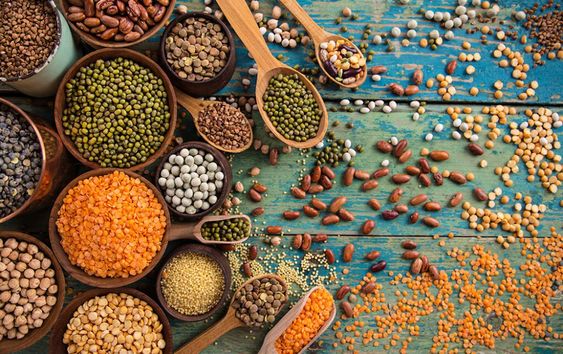
ORGANIC, refers to a holistic way of living and farming that prioritizes the environment, human welfare, and sustainability. Eco-friendly methods take precedence in organic farming, since natural substitutes for synthetic fertilizers and pesticides are used. This dedication goes beyond food to include personal care and household goods, with an emphasis on avoiding artificial ingredients. Harmony with nature is fostered by organic living, which supports biodiversity, healthy soil, and environmentally responsible decisions.
Choosing organic food promotes a conscious and responsible way of life by showing a purposeful commitment to value sustainability, health, and a closer relationship with the environment.
What makes a Farm Organic?

1. Soil Health: Organic farms prioritize nurturing soil through natural processes, avoiding synthetic chemicals that may harm microbial life.
2. No Synthetic Pesticides or Fertilizers: Prohibits the use of artificial pesticides and fertilizers, opting for natural alternatives to protect crops and soil.
3. Non-GMO Seeds: Organic farms use non-genetically modified (GMO) seeds, preserving the integrity of the crops.
4. Crop Rotation and Diversity: Implements crop rotation strategies and encourages biodiversity to maintain a balanced ecosystem and prevent soil degradation.
5. Animal Welfare: Ensures humane treatment of animals, providing them with organic feed and access to open spaces.
6. No Synthetic Hormones or Antibiotics: Livestock is raised without synthetic hormones or antibiotics, promoting natural growth and health.

